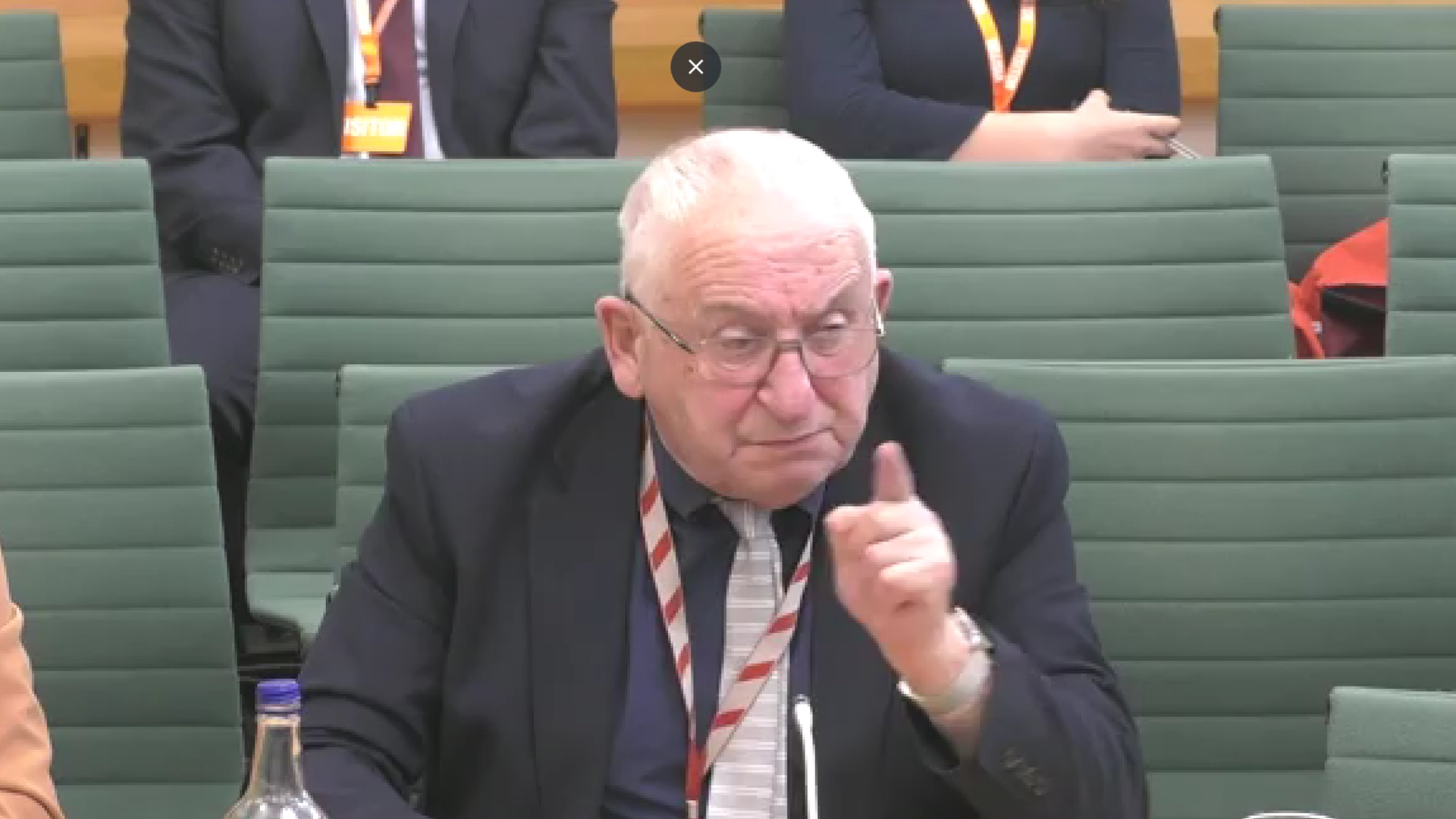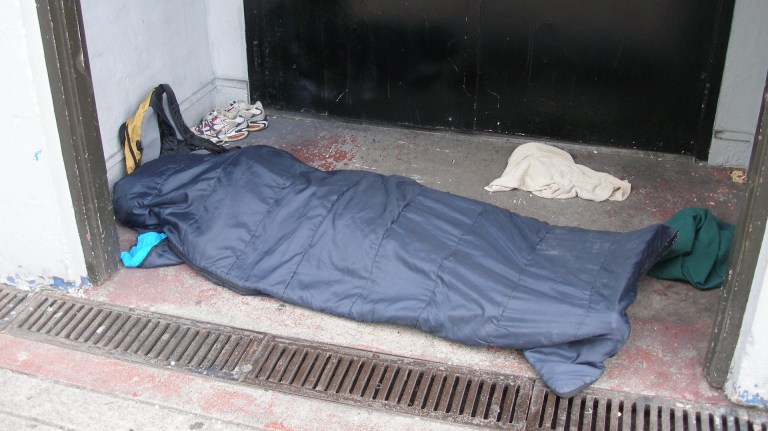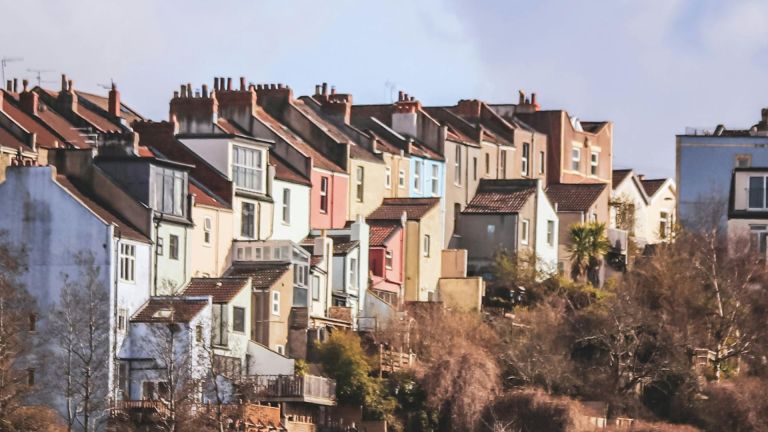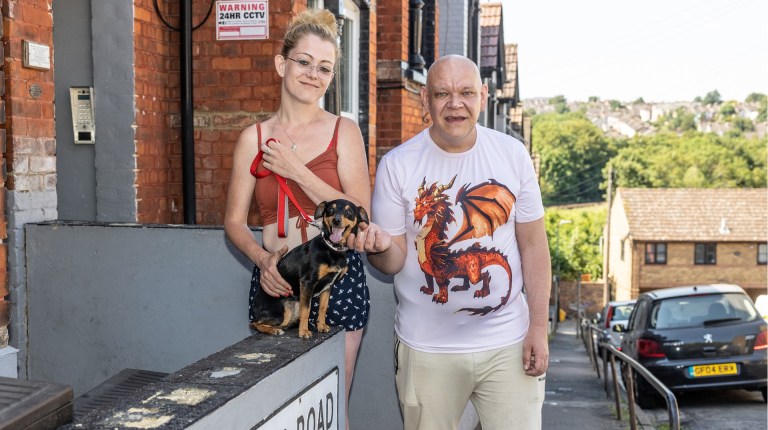“I urge the inter-ministerial group on tackling homelessness and rough sleeping to take on board the committee’s recommendations and to deliver on the government’s commitment to turn the tide on homelessness”.
The committee, made up of MPs from across the political spectrum, found rough sleeping had surged in recent years and presented a number of solutions to tackling street homelessness.
MPs warned “people who previously weren’t at risk of sleeping rough had become vulnerable”.
The continued existence of section 21 ‘no-fault’ evictions and the five-week wait for a first universal credit payment as well as freezes to local housing allowance were all identified as driving rough sleeping.
MPs said the government should end section 21 evictions through the passage of the Renters’ Rights Bill as soon as possible and review universal credit and welfare assistance for people on low incomes.
Rayner and Ali were also urged to set a target for the number of genuinely affordable and social homes delivered as part of its commitment to build 1.5 million homes while in power.
Advertising helps fund Big Issue’s mission to end poverty
Meanwhile, MPs demanded ministers ensure the learnings from Housing First pilots in Greater Manchester, Liverpool city region and the West Midlands are taken forward into future projects.
The model has seen rough sleepers given a home alongside the support to keep it and has had a “largely positive” effect on people who need high levels of support and been “cost-effective” in the three government-backed regional pilots.
But it was Lord Bird’s point on prevention that called for the biggest shift in approach to tackling rough sleeping. Local authorities called for longer-term certainty in funding to help them take more preventative measures.
The government has largely been shifting towards a preventative approach to homelessness.
While it announced £30m to help frontline charities support rough sleepers this winter, Labour’s pledge to spend £1bn on tackling homelessness and rough sleeping this year includes a £192m increase to the homelessness prevention grant.
A Ministry for Housing, Communities and Local Government spokesperson said: “We have inherited the worst housing crisis in living memory, which is why we are taking urgent and decisive action to end homelessness for good.
Advertising helps fund Big Issue’s mission to end poverty
“We recently tripled the winter pressures funding to £30m this year, helping councils support the most vulnerable, while also tackling the root causes of homelessness by committing £1bn in additional support for homelessness services and emergency accommodation”
“This is part of our Plan for Change, delivering 1.5 million new homes, including the social and affordable housing this country needs, and changing the law to abolish Section 21 ‘no fault’ evictions.”
The government is set to publish a strategy to tackle homelessness in England later this year.
Meanwhile, the official rough sleeping snapshot – the government’s one-night count tracking rough sleeping – is due later this month.
The annual count is likely to be the latest in “continual and expected increases”, said Matt Downie, chief executive of Crisis.
“It is positive to see the committee identify so many causes of rough sleeping and call for measures that could make a real difference,” said Downie.
Advertising helps fund Big Issue’s mission to end poverty
“Prioritising funding for prevention helps people access and sustain stable housing before they reach the streets. As rent costs continue to rise, unfreezing local housing allowance so it covers at least the cheapest third of local rents would help people sustain their tenancies.
“In the next few months the Westminster government will have a once in a generation opportunity to end rough sleeping. Ministers could use the spending review to drive a new generation of desperately needed social homes, while a much-promised cross-government strategy has the potential to show how we stop people being forced onto the streets and ultimately end all forms of homelessness for good.”
Emma Haddad, chief executive of St Mungo’s, also called for a focus on prevention, including renewed efforts to build new social homes.
“The evidence St Mungo’s submitted to the rough sleeping inquiry allowed us to shine a light on the root causes of the homelessness crisis. This is where we need to focus to prevent people becoming homeless in the first place, and to support people away from the streets for good,” said Haddad.
Meanwhile, a spokesperson for The Salvation Army, praised the committee’s call for the government to review local authorities’ statutory duties after warning that the priority need system needed reform.
The system ensures that vulnerable people, including care leavers, pregnant women and domestic abuse victims, are given priority support from councils when facing homelessness. But the charity said the system means others miss out.
Advertising helps fund Big Issue’s mission to end poverty
“We particularly welcome the committee’s recognition that there should be a review of the priority need system used by local authorities in England to decide who gets emergency or temporary accommodation. Our analysis of local authority data in England shows that almost one in three people who are homeless are rejected,” The Salvation Army spokesperson said.
“It is unacceptable that even people who have lived on the streets for years—without proper shelter or sanitation and at high risk of illness, injury and early death —are not automatically deemed a priority. The Salvation Army has been campaigning for this unjust system to be reformed.”
Do you have a story to tell or opinions to share about this? Get in touch and tell us more. Big Issue exists to give homeless and marginalised people the opportunity to earn an income. To support our work buy a copy of the magazine or get the app from the App Store or Google Play.









